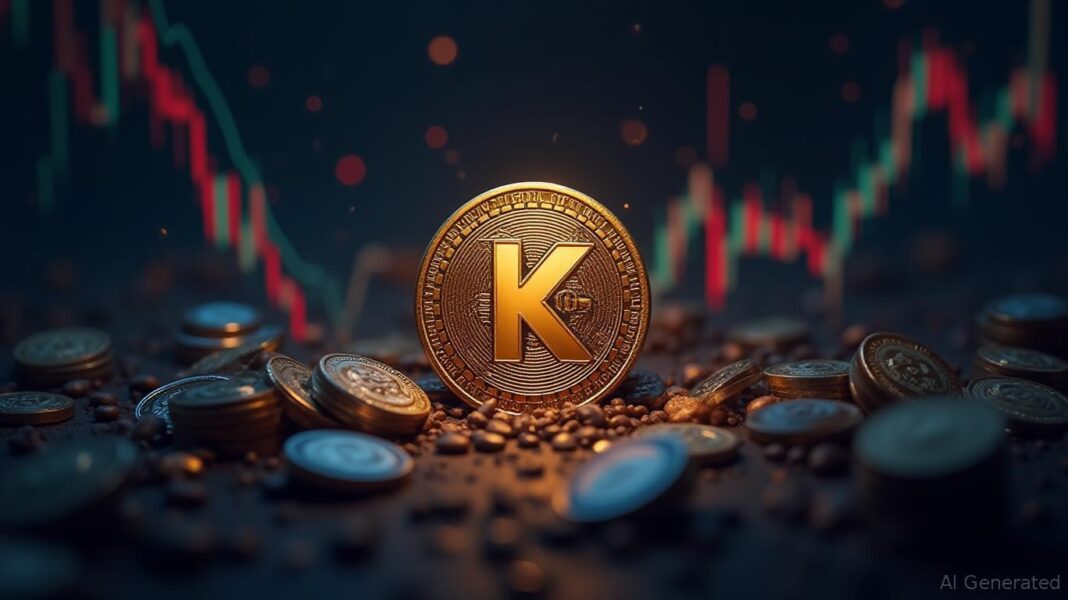Kinto, a decentralized finance (DeFi) platform, has suffered a catastrophic 95% drop in its token value and announced plans to shut down operations just two months after a $1.5 million hack in 2025. This dramatic collapse highlights the vulnerabilities in the DeFi space and raises questions about security and trust in decentralized platforms. In this article, we delve into the details of Kinto’s downfall, the hack’s impact, and what it means for the broader cryptocurrency ecosystem. CryptoSlate
The Kinto Hack and Collapse: Key Details
In July 2025, Kinto suffered a $1.5 million hack, with attackers exploiting vulnerabilities in its smart contracts to drain funds from the platform. The breach severely undermined user confidence, triggering a mass sell-off that led to a 95% plunge in Kinto’s native token value. Unable to recover, Kinto’s team announced in September 2025 that the platform would cease operations within two months, citing insurmountable financial and reputational damage.
The hack and subsequent collapse have wiped out millions in user investments and raised concerns about the platform’s security measures and governance. Kinto, once touted as a promising DeFi protocol, now serves as a cautionary tale in the volatile crypto market.
Factors Behind Kinto’s Downfall
Several factors contributed to Kinto’s rapid decline:
- Security Vulnerabilities: The $1.5 million hack exposed weaknesses in Kinto’s smart contract code, highlighting the need for robust audits and security protocols.
- Loss of Trust: The breach eroded user and investor confidence, leading to a mass exodus of liquidity and a plummeting token price.
- Market Pressure: The broader crypto market’s volatility in 2025 amplified Kinto’s challenges, making recovery nearly impossible.
- Operational Challenges: Limited resources and failure to address the hack’s fallout hindered Kinto’s ability to rebuild or pivot.
These factors combined to create a perfect storm, forcing Kinto to announce its shutdown.
Implications for the DeFi Sector
Kinto’s collapse has significant implications for the DeFi ecosystem:
- Security Scrutiny: The hack underscores the critical need for rigorous smart contract audits and real-time security monitoring in DeFi platforms.
- Investor Caution: The 95% value drop and shutdown may make investors wary of smaller DeFi projects, favoring established protocols with stronger security.
- Regulatory Attention: High-profile DeFi failures could prompt regulators to impose stricter rules on decentralized platforms, impacting innovation.
- Market Consolidation: Kinto’s exit may accelerate consolidation in the DeFi space, with larger platforms gaining dominance.
The Bigger Picture: Challenges in DeFi
Kinto’s downfall reflects broader challenges in the DeFi sector, where rapid growth has often outpaced security and governance standards. Despite DeFi’s promise of decentralized, accessible finance, hacks and exploits remain a persistent threat, with over $1 billion lost to DeFi hacks in 2025 alone. Kinto’s collapse serves as a reminder that even promising projects can falter without robust security measures and transparent governance.
The incident also highlights the high-risk, high-reward nature of DeFi investments, urging users to conduct thorough due diligence before participating in new protocols.
What’s Next for Kinto and Its Users?
With Kinto set to shut down by November 2025, the platform’s immediate priorities include:
- Winding down operations and addressing user claims for remaining assets.
- Conducting a post-mortem analysis of the hack to share lessons with the DeFi community.
- Potentially open-sourcing its code to allow other projects to learn from its mistakes.
- Facing potential legal scrutiny from affected users or regulators.
For users, the focus will be on recovering any remaining funds and seeking alternative DeFi platforms with stronger security track records.
Conclusion
Kinto’s 95% value crash and impending shutdown following a $1.5 million hack mark a sobering moment for the DeFi industry. The incident underscores the critical importance of security, transparency, and resilience in decentralized platforms. As the crypto market continues to evolve, Kinto’s collapse serves as a stark reminder of the risks involved and the need for robust safeguards to protect users and investors.


